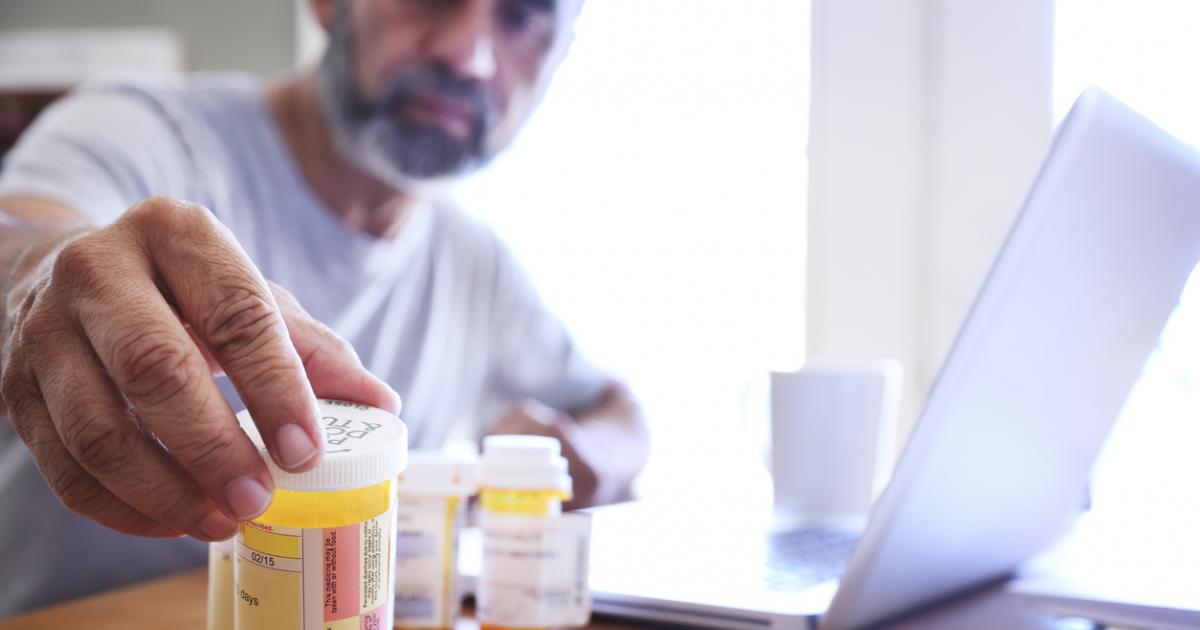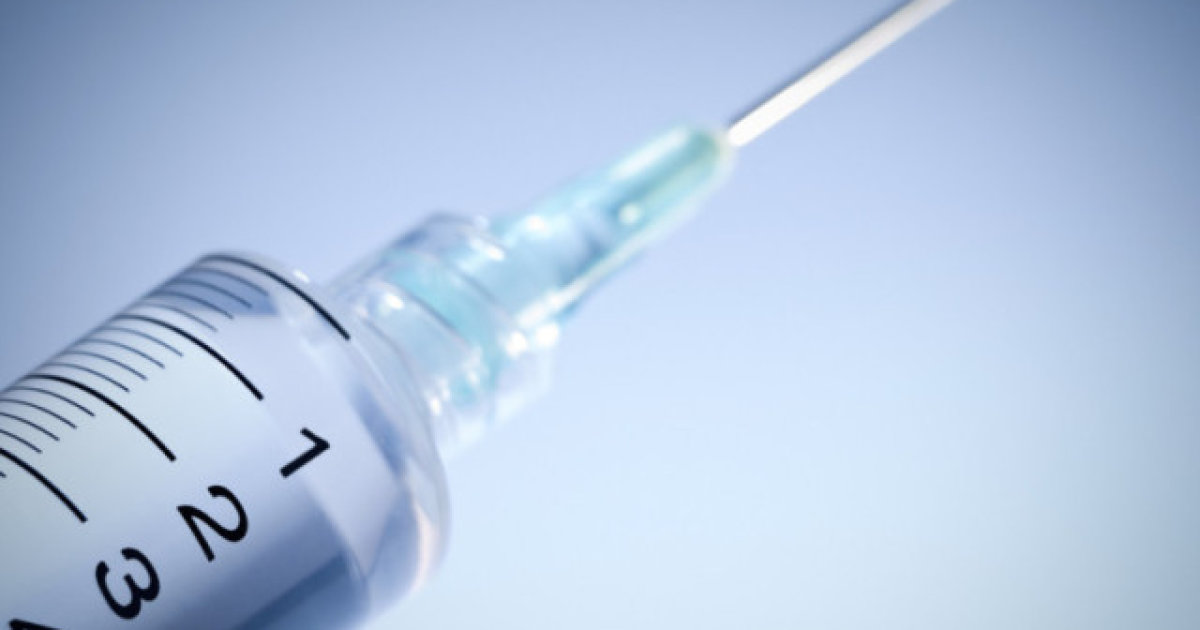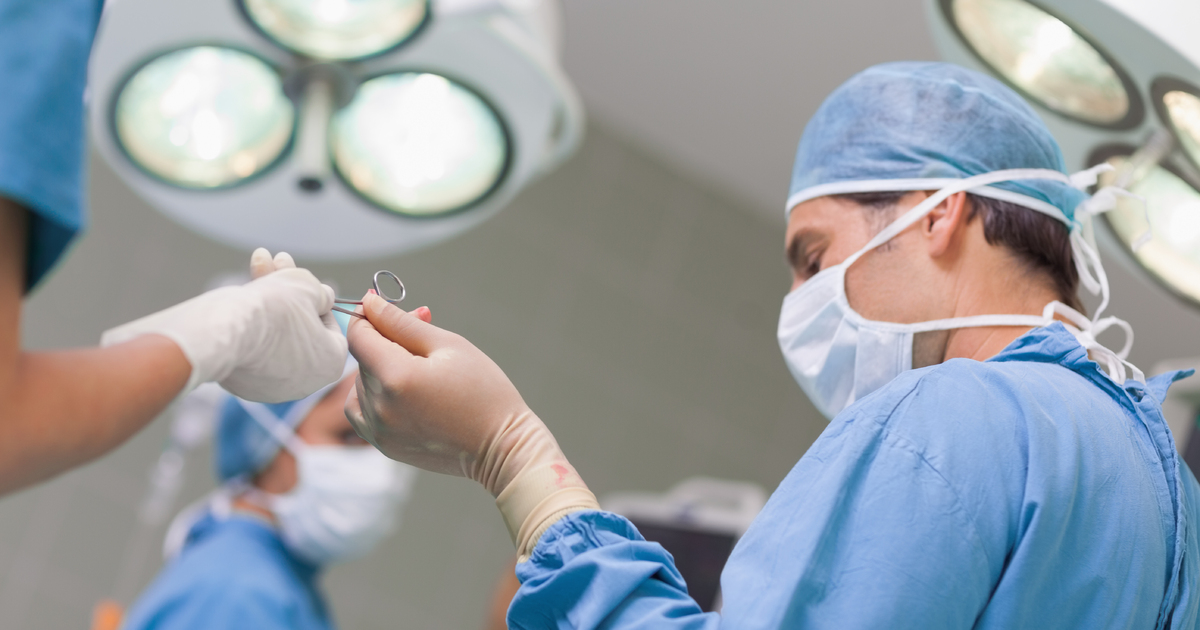How To Get Rid Of Hiccups
Hiccups are produced when the diaphragm, a muscle that separates the chest and abdomen, contracts involuntarily. After each contraction, the vocal cords close suddenly, producing the 'hic' noise for which this condition is named. Hiccups typically last for just a few minutes; however, some individuals may have chronic hiccups that last for several months. Carbonated and alcoholic beverages are among the most common causes of hiccups, and individuals might also develop them if they are suddenly surprised or as a result of exposure to sudden changes in temperature. Eating a large meal or swallowing air while chewing gum or eating hard candies could trigger hiccups for some patients too. Hiccups that last more than forty-eight hours may be caused by infections or diseases that affect the central nervous system, including meningitis, tumors, multiple sclerosis, and strokes. Electrolyte imbalances, diabetes, and renal disease might trigger hiccups for some individuals, and others could develop them due to recent anesthesia or use of barbiturates, steroids, or tranquilizers.
The home remedies and medical treatments discussed below are often useful for patients experiencing hiccups.
Medication Options

Medication options are normally only needed in cases of chronic hiccups. If the clinician chooses to prescribe medicine, they will normally begin with a prescription for a muscle relaxant such as baclofen. Patients taking baclofen should be aware of the possibility for side effects, including constipation, fatigue, increased urination, headaches, and insomnia. If muscle relaxants are ineffective, the physician may choose to prescribe a gut motility stimulator like metoclopramide, a drug also used to treat reflux disease and diabetes. While taking this medication, patients might develop diarrhea, weight gain, and problems with urinary control. Potential side effects of a more serious nature might include depression, suicidal thoughts, sweating, slow or uncontrollable movements, and fever. These serious effects should be reported to the prescribing doctor immediately. As a last resort, healthcare professionals could opt to prescribe an antipsychotic medication such as chlorpromazine if other drugs have not worked. Patients using chlorpromazine might experience blurry vision, weight gain, nausea, and dry mouth. In particular, patients should tell their doctor if serious side effects occur while taking chlorpromazine; these may include agitation, muscle cramps, swallowing difficulties, and tremors.
Uncover more options for getting rid of hiccups now.
Injection Of An Anesthetic

The injection of an anesthetic may be appropriate for patients who continue to have chronic hiccups after trying medication. Normally, doctors inject the anesthetic into the patient's phrenic nerve, one of the nerves responsible for hiccups. Typically, this procedure is performed with the patient awake or under light sedation, and clinicians use ultrasound guidance systems to ensure the injection is given in the correct location. While several anesthetics can be used, physicians frequently use either a solution of two-percent lidocaine or a solution of bupivacaine with epinephrine. The injection is given as a single shot, and patients are closely monitored for several hours to see if the hiccups have resolved. If the single injection has not been effective, anesthesiologists may choose to insert a catheter into the area so a continuous administration of local anesthetic can be provided.
Keep reading to reveal more options for treating hiccups now.
Device Implantation For Electrical Stimulation

If medication and anesthetic injections have not alleviated a patient's hiccups, device implantation for electrical stimulation might be considered. These devices were originally developed to treat epilepsy, though they have shown promise in the resolution of persistent hiccups. Performed under either general or local anesthesia, the procedure involves implanting a battery-powered device that delivers mild electric stimulation (shocks) to the vagus nerve. Surgeons place the device in the chest wall, and thin wires attached to the device are threaded around the vagus nerve, located in the neck. Two incisions are needed for the procedure, one in the chest and the other in the neck. During the operation, the surgeon will program the device, setting the amount of stimulation and the schedule for stimulation. The device runs all the time, and surgeons may choose to program it to turn off for set periods. Patients are given a magnetic device that can activate the stimulator at home, and they can choose to activate it whenever they are experiencing an episode of hiccups. The battery in the electrical stimulation implant can last up to fifteen years.
Learn more about managing hiccups now.
Hold Breath

Patients who experience occasional hiccups may be advised to use breath holds. Holding the breath is a home remedy that stops hiccups for some individuals. Patients who wish to try this tip should hold their breath for around ten seconds. After breathing out, they should then repeat the breath holds up to four times in a row. This exercise can be repeated every twenty minutes. In conjunction with breath holding, some individuals find it helpful to breathe in and out while covering their nose and mouth with a paper bag. Plastic bags should never be used for this, and the patient should not place the bag over their head. To increase the effectiveness of breath holds, it can be useful to try these in a seated position. Patients can do the above breath holding exercise while leaning forward to slightly compress the chest, and they may also wish to attempt breath holds while sitting and hugging their knees as close as possible to the chest. Applying slight pressure to the diaphragm could be beneficial too.
Get more details on how to get rid of hiccups now.
Sip Cold Water

In addition to breath holds, another popular home treatment is to sip cold water. For the best results, patients should use ice water, and it needs to be sipped slowly. Some individuals find it useful to gargle with cold water as well. In addition to ice water, biting on a lemon or drinking a tiny sip of vinegar may help, and some patients have had success with swallowing small amounts of granulated sugar. These can be alternated with sipping cold water. In addition, patients may wish to sip cold water while gently rubbing their eyes, another popular home treatment, and gently pulling on the tongue after drinking water has been used. Some patients have also had success after stimulating the gag reflex at the back of the throat.
